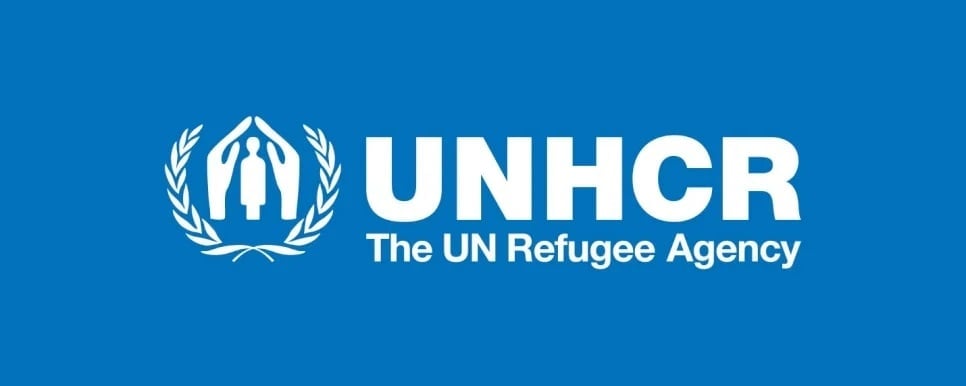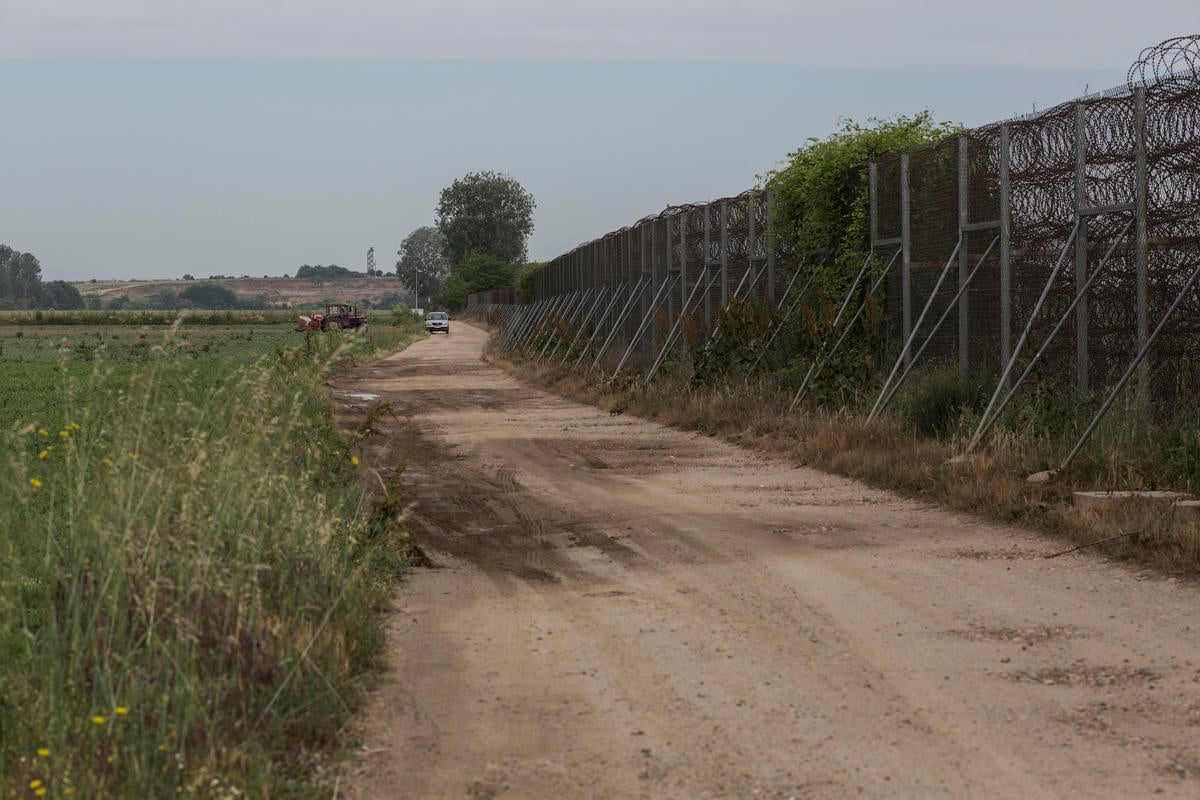Ogata stresses link between human rights and refugee protection
Ogata stresses link between human rights and refugee protection
United Nations High Commissioner for Refugees Sadako Ogata joins international leaders in Paris today in marking the 50th anniversary of the Universal Declaration of Human Rights.
"It is a sad fact that 50 years after the Universal Declaration of Human Rights was adopted, violations of basic human rights continue to create refugees in many parts of the world," Ogata said. "This is why the institution of asylum remains indispensable."
UNHCR has been protecting and assisting refugees since 1951. "We have seen some progress in finding solutions to refugee problems, as democratization and respect for human rights have taken root in different parts of the world. But much more needs to be done. Today, one in every 120 people on earth has been forced to flee because of violence or persecution."
1998 has seen the outbreak of several fresh conflicts which have generated new refugee flows. This year, 215,000 people fled from Sierra Leone, where rebel forces have committed terrible atrocities against civilians. Sierra Leoneans are now Africa's biggest refugee population, numbering 440,000 in Guinea and Liberia. The outbreak of open conflict in Kosovo forced more than a quarter of a million people to flee their homes.
"Refugees need access to safety," Ogata said, "but asylum is becoming harder and harder to find - both in developed and in developing countries." The High Commissioner called on governments to renew their commitment to asylum as the cornerstone of refugee protection.
"Promoting respect for human rights values and creating conditions which make it possible for refugees to return home cannot be done by humanitarian agencies alone. Eliminating the causes of refugee flight requires continued commitment and timely political involvement by the international community," Sadako Ogata said. "Humanitarian action can save lives, but it can never be a substitute for political action."









